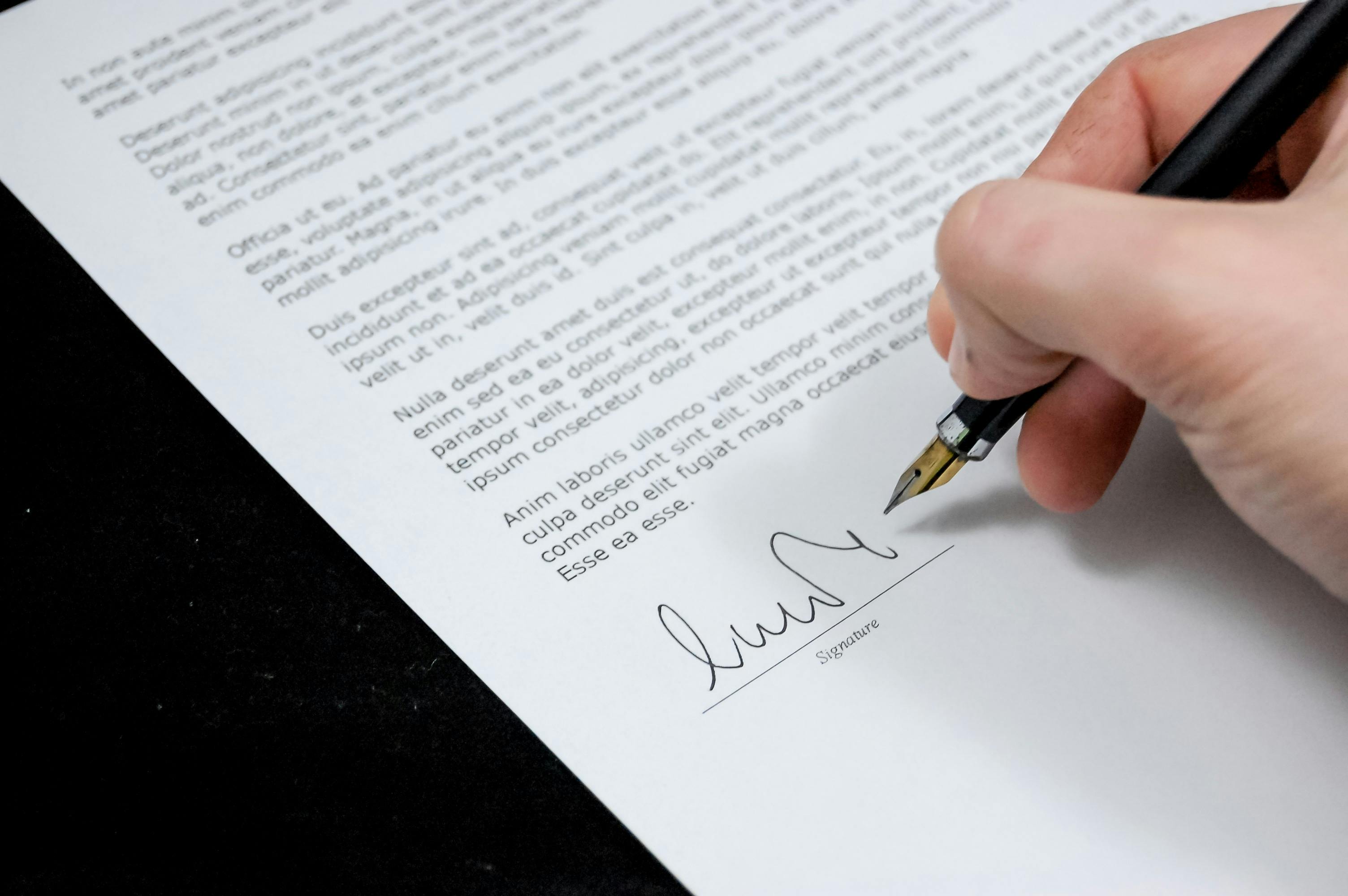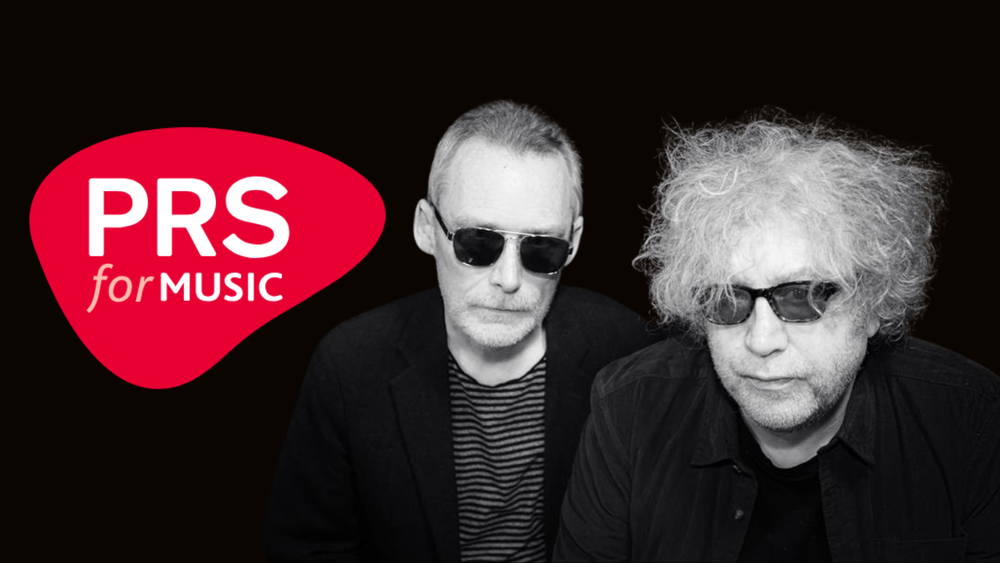Songwriters push PRS lawsuit with new open letter on licensing dispute
Frustrations mount as songwriters release open letter to PRS, calling for greater transparency and fairness in the society’s operations.
A new development in an ongoing dispute between a group of songwriters and the UK rights collection society, PRS, has come in the form of a scathing open letter. Dating back to June, this is not the first PRS lawsuit to grace our newsreels this year. But, what is the fall-out, and what do independent artists need to know?
What is the PRS dispute about?
In June of this year, songwriters Robert Fripp of King Crimson, along with two members of the Jesus & Mary Chain, sued PRS. The songwriters claim that PRS has put in place “unreasonable and unnecessary hurdles” whenever songwriters opt to directly license live music.
To understand the artists’ frustrations, it is necessary to understand how PRS works generally, as well as the idea behind direct licensing.
How does PRS work?
Performing rights organizations (PROs), like PRS, collect a music publishing royalty known as a performance royalty. If a composition is performed live or on TV, broadcast on the radio, played in a shop or restaurant, just generally heard out in the wild, it is generating performance royalties.
PRS pretty much has the monopoly on PROs in the UK, representing the rights of over 175,000 members. The company collects performance royalties from whoever played a composition, be it a shop-owner after a track was streamed in the background, or the BBC once a track is played on Radio 1. Royalties are then passed onto songwriters and publishers, after admin fees have been deducted. In order to receive these royalties, songwriters must become paying members of PRS.

Live performances and PRS
A traditional collective licensing approach tends to be used in the UK when it comes to live performances. Venues and promoters obtain a blanket license from their local PRO, which enables them to host live performances.
Songwriters wishing to collect these performance royalties must inform PRS themselves about the gig.
Major Live Concert Service (MLCS)
PRS does offer an alternative royalty collection service to artists playing larger scale concerts with capacities over 5000. The idea is to make the process of royalty collection in this case more efficient and streamlined. Perks of this service include reduced admin fees and a faster turnaround time.
However, the MLCS has been viewed as unwelcomed preferential treatment of bigger artists, to the detriment of other songwriters. This has been a subject referenced by the songwriters suing PRS. The writers outline that those benefitting from the MLCS pay an admin fee of just 0.2%, whilst wider members pay 23%. As such, “the most successful writers are being subsidized by the rest of the PRS members”.
Why are the songwriters suing PRS?
If songwriters and PRS members wish to collect their performance royalties without PRS, they can do so through direct licensing. In doing this, songwriters agree to self-administer public performances. As this process involved some complicated and lengthy administration, an agency like PACE Rights Management is used to facilitate the process. The benefits of direct license include fewer deductions, faster royalty payment, and greater transparency throughout the process.
This latest PRS lawsuit is a result of the group of songwriters in question feeling that PRS has put in place “unreasonable and unnecessary hurdles” when writers wish to go through direct licensing. The songwriters also claim that PRS is no longer operating under its original founding principles from 110 years ago.
“I am yet to be persuaded that the PRS operates on behalf of the membership’s best interests.”
Robert Fripp

What’s in the open letter to PRS?
Yesterday (12th Aug), an open letter to PRS was released by the group of songwriters. The lengthy letter is in response to PRS’ initial statement after the lawsuit was initially filed. The rights societies’ statement is broken down clause by clause in the letter, showing the writers are ready for the fight after PRS stated it would “vigorously defend itself”.
The letter details that PRS has failed to acknowledge that it is being sued by its own writer members, stating that the society has failed to address members’ major concerns.
PACE Rights Management is also involved in proceedings, as an agency songwriters use for the laborious admin work that comes with opting for direct licensing. PRS claimed that PACE has filed to engage with the organization for five years on the matter of discussing and resolving relevant concerns. According to the songwriters, this is factually incorrect. The writers claim that PRS have refused to engage with PACE for over seven years, and refuse to work collaboratively or constructively to resolve issues.
The open letter includes meeting minutes from the only two meetings between PRS and PACE, in the name of full transparency. The group of songwriters repeatedly call for transparency from PRS, for both its members and staff.
The crux of the open letter is a call for fairness, transparency around fees and processes, and to refute claims made in PRS’ statement.
What does the PRS lawsuit mean for independent artists?
If you’re an independent artist and member of PRS, you might be wondering what this means for you. We’ve detailed some potential outcomes and issues as a result of the legal proceedings.
Impact on independent artists and songwriters
- Administration changes: Songwriters could face complex and time-consuming processes for licensing their music, as PRS’ current procedures come under scrutiny. Conversely, this could result in a streamlining of the licensing process, in line with the hopes of the case’s claimants.
- Potential delays: PRS may need to focus resources into defending themselves in this case, as they stated about Blur drummer and decorated lawyer, Dave Rowntree’s class action filed against them earlier this year. This could result in delayed payments and impacted financial stability for artists.
Influence on direct licensing opportunities
- Access to direct licensing: The contesting of PRS’ practices could affect how easily independent artists and songwriters can engage in direct licensing.
- Changing policies: Depending on the outcome of the PRS lawsuit, the organization’s policies and practices could be improved in the long-term. However, the result could also be direct licensing becoming more cumbersome.
In summary
The open letter to PRS subsequently appeals to PRS Chair Julian Nott, who is also a songwriter, requesting him to “officially affirm that ensuring transparency regarding administration fees and deductions from foreign collecting societies is in the best interests of PRS members, especially when they license their rights internationally through PRS.”
The dispute between Robert Fripp, the members of the Jesus & Mary Chain and PRS are ongoing. While PRS plans to vigorously defend itself, it appears the songwriters are not backing down either. Could this case set a precedent for how rights are managed and how transparent PROs are with their members?
